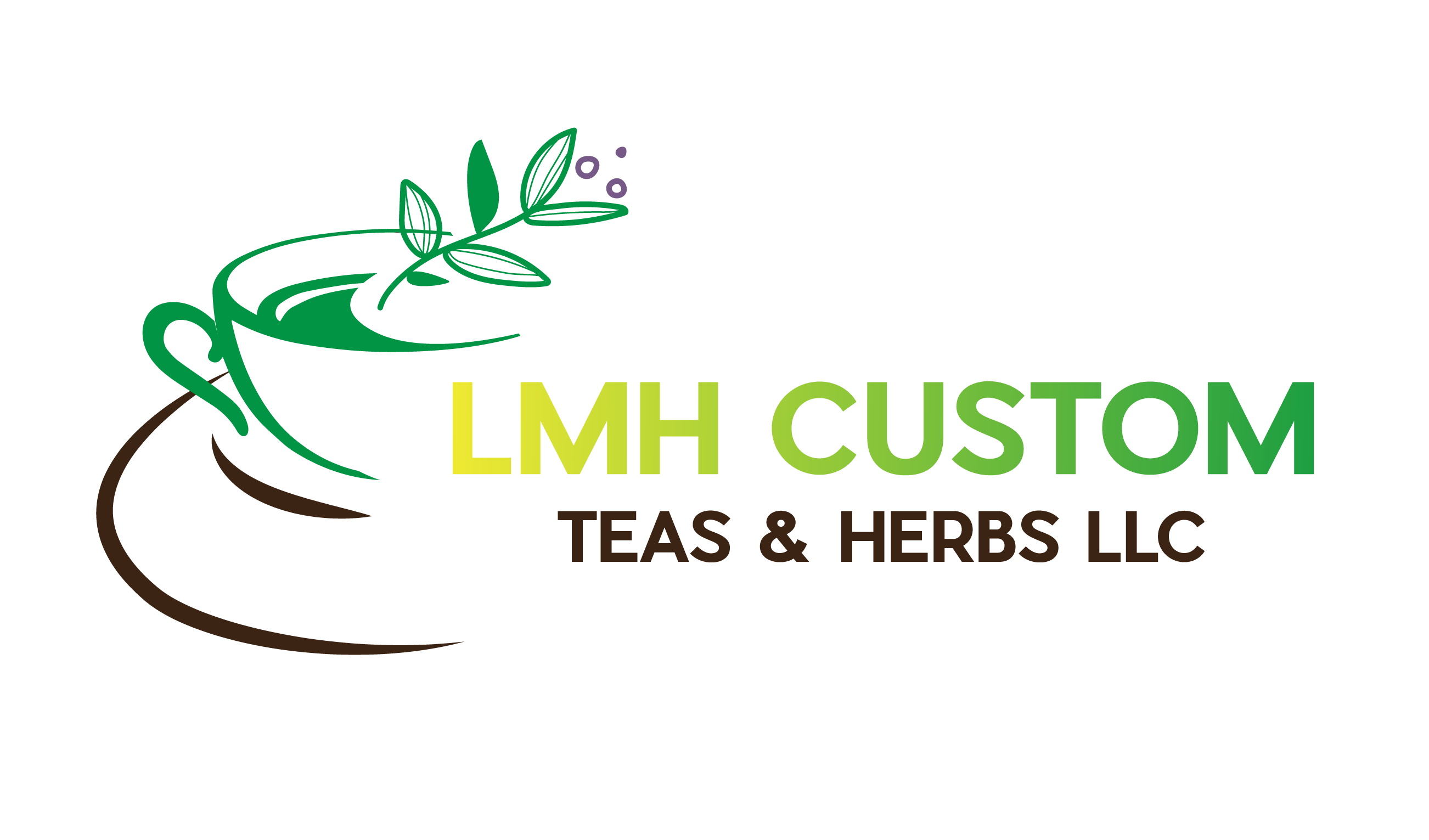The terms “neurodivergent” and “neurodiverse” are gaining recognition in our vocabulary. Coined by sociologist Judy Singer in 1997, “neurodiversity” draws parallels to biodiversity, emphasizing the diversity of cognitive processes and behaviors among all individuals.
Let’s briefly dive into terminology & concepts:
Neurodiversity
Neurodiversity encompasses the diverse range of cognitive functioning among individuals. It acknowledges that each person’s brain works uniquely and that these differences should be recognized and celebrated. The term “neurodivergent” describes individuals whose brains function in “atypical” ways that give them different strengths and struggles. The term “neurotypical” is used to describe those whose brain functions in ”typical ways”. These differences are not disabilities. Understanding and embracing neurodiversity involves acknowledging and appreciating these differences.
Neurodivergence
Neurodivergent individuals have brains that develop and function in atypical ways compared to those of neurotypical individuals. While some may have diagnosed medical conditions, such as ASD, ADHD, Tourettes Syndrome, Dyslexia, Anxiety, or dyscalculia, others may not have a specific medical explanation for their divergent brain function. It is important to recognize that neurodivergence is not a limitation but rather a unique way of experiencing the world, that have thier own distinct strengths and challenges. (1)
Neurodivergent Challenges and Celebrations
Neurodivergent individuals often face challenges in environments that may not accommodate their unique strengths and differences. This can include environments that have heavy task demands with excessive external stimuli or understimulated (lack of creative outlets), under-communication or over-communication (being direct and clear is important with neurodivergent-awareness of something called rejection sensitivity (3) is an important consideration. Avoid value-based language.), disorganization, just to name a few. However, it is essential to highlight the strengths and positive contributions of neurodivergent individuals. By fostering a supportive and inclusive environment, we can help neurodivergent individuals thrive and showcase their abilities.
Creating Inclusivity
Creating inclusive environments involves understanding and accommodating the needs of neurodivergent individuals. By fostering empathy, awareness, and support, we can build communities that celebrate the unique strengths and contributions of all individuals, regardless of neurodivergence. Embracing neurodiversity can lead to more innovative and diverse perspectives. This can include supportive plans for neurodivergents that may include accommodations such as noise-canceling earbuds, more frequent meetings & check-ins, task prioritization support, customized schedules & job roles or task assignments, and other supportive measures that will help uplift their strengths and reduce the impacts of their symptoms that could interfere with productivity.
Fostering Understanding and Acceptance
By fostering understanding and acceptance, we can create a world that celebrates neurodiversity. Embracing neurodiversity involves breaking barriers, removing stigmas, and promoting empathy. Together, we can build communities that value and celebrate the diverse capabilities of all individuals, fostering a more inclusive and equitable society for everyone.
Celebrating Neurodivergent Figures Throughout History
Many influential and inspiring individuals have been neurodivergent. From creative visionaries to groundbreaking innovators, neurodivergent figures have made significant contributions to various fields. Recognizing and celebrating their achievements helps promote a more inclusive and understanding society.
Many of our history’s famous and inspiring creators, leaders and entertainers were neurodivergent (2),
- Hans Christian Andersen – children’s author
- Benjamin Banneker – African American almanac author, surveyor, naturalist, and farmer
- Tim Burton – Movie Director
- Charles Darwin – naturalist, geologist, and biologist
- Steve Jobs – Former Apple CEO
- Michealangelo – Painter, sculptor, architect and poet
- Wolfgang Amadeus Mozart – Composer and musician
- Nikola Tesla – Inventor
- Bill Gates – Microsoft Founder
- Albert Einstein – Inventor, mathematician and mastermind of the 20th century.
Let’s Schedule A Time To Chat
As a neurodivergent or “neurospicy” individual myself as well as having a daughter who is “neurospicy”. I understand the obstacles and burdens that can come with both being neurodivergent and caring for a neurodivergent child. With the tools and plans in place, you and your loved ones can tap into your hidden superpowers that are a part of neurodiversity and shift your obstacles into launchpads for success. The burdens will become tools that trigger your mindfulness to support you in your journey rather than weighing you down. Read more about my coaching method and schedule a time to chat here and see how we can co-create your biggest thrive ever!
Source (1)
https://my.clevelandclinic.org/health/symptoms/23154-neurodivergent
Source (2)
https://casscounselling.co.uk/famous-neurodiverse-individuals
Source (3)
https://www.verywellmind.com/what-is-rejection-sensitivity
